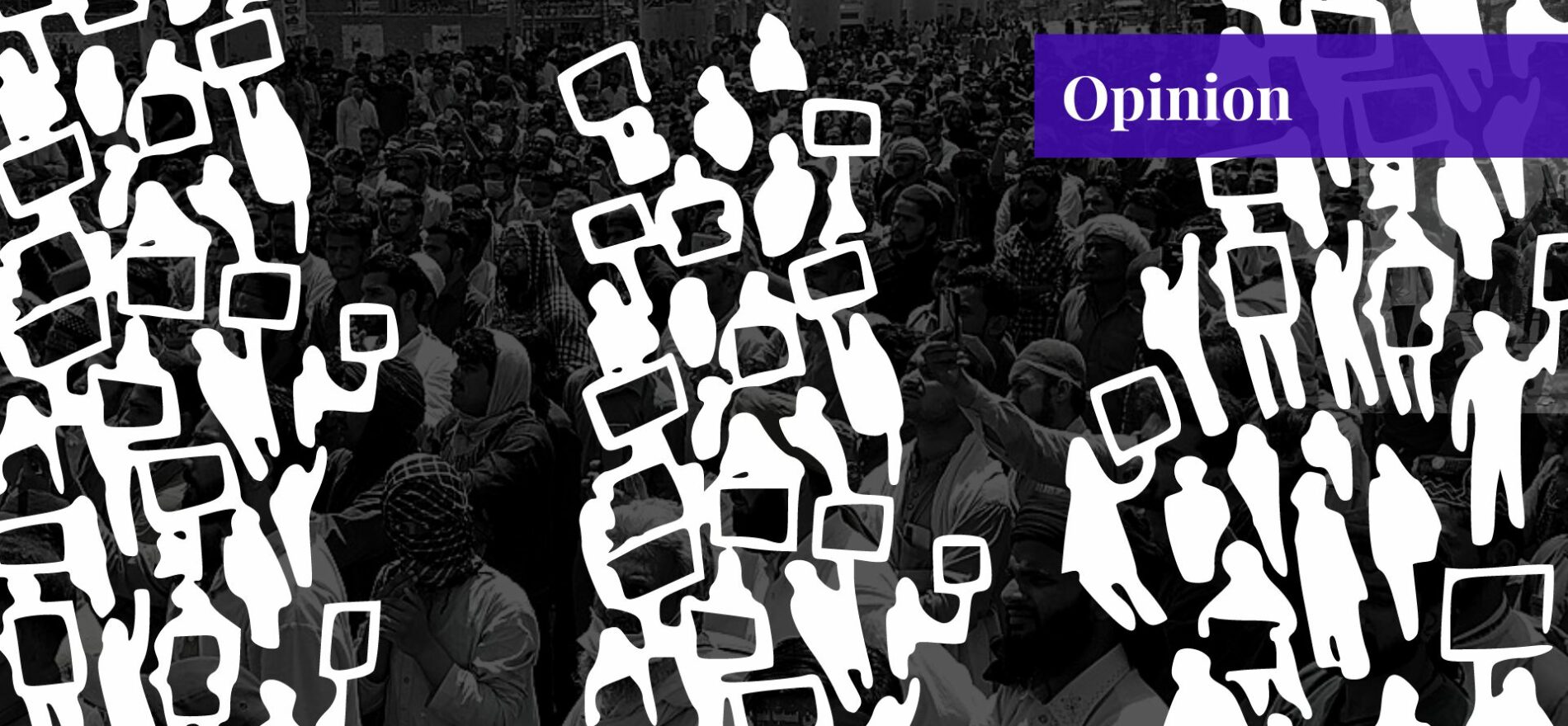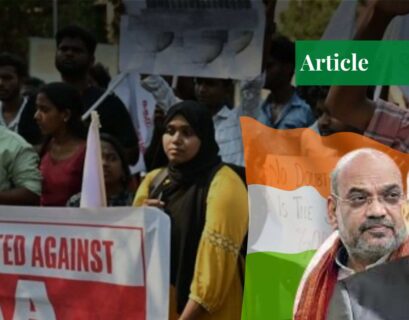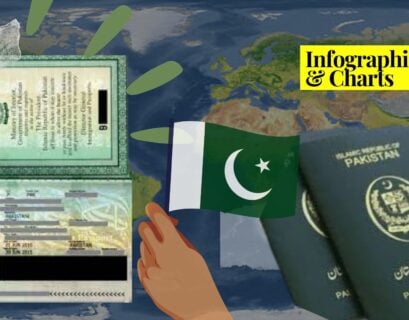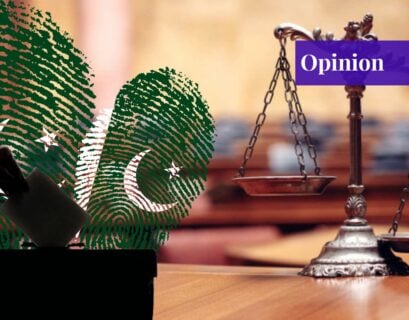Mr Muhammad Hamza Tanvir is an independent journalist and a political analyst, focusing primarily on regional and global strategic and political issues. He has authored numerous articles for different national and international publications.
The Public’s Dying Trust
Pakistan’s political ground has always been filled with turbulence and uncertainty but what happened on May 9th was unprecedented. Violent protests throughout the country put all political and business activities to a halt. It was the first time in the history of the country that followers of a political party committed violence to such a great extent and vandalized the military and government installations. This incident transformed the political landscape by 180 degrees. Attacks on the military installations depict the widened gulf between the people of the country and its military which imperils the sovereignty and security of the country.
Political polarization has reached an unprecedented level. All the state institutions including the judiciary and military have lost the trust of the people of Pakistan due to some past events and the unwitty policies of the state’s political leaders. Almost all the mainstream political leaders of the country have given incautious statements about the state institutions, especially the military. On the other hand, state institutions are also responsible for this lack of trust and confidence among the citizens of the country as they have been marked by controversy due to some of their actions.
The role of the military in politics and judicial activism has rendered the institutions questionable among the people. The judiciary, on its part, is known for having a tilt towards some specific political parties. It seems that all the judges in the country are affiliated with particular political parties. This has made the institution of the judiciary controversial among the people. On the other hand, the former chief of army staff’s acceptance of political meddling by the army has also affirmed the allegations of political leaders about the role of the military in politics. All this has led to a rift between the state institutions and the people of the country.
War of Narratives
However, the blame does not only lay on the institutions but also on the unwitty and incautious statements by the political leaders for gaining political leverage through an anti-establishment narrative – which has always been popular in the country. PDM, on its part, has been accusing the judiciary, especially the office of the chief justice, of being partial in support of the PTI leadership. The latter also criticized CJP Umer Atta Bandial for taking the suo moto notice in support of the no-confidence motion.
Moreover, since his ouster from the office of prime minister, former PM Imran Khan has also been criticizing the military establishment for staying neutral and not supporting him against the PDM coalition. Astonishingly, his narrative was not in support of the political neutrality of the military establishment instead, he has been asking for its political support.
A Page Out of the Middle East’s Book
The youth of the country took to the streets and stood against their state. To them, it was a revolution against the establishment which resulted in the arrest of a host of the perpetrators of the 9th May incident. It is regretful to see that most of the people who committed violence and are arrested in this incident due to their emotional and political affiliation belong to poor backgrounds. However, most of the PTI leadership which was part of inciting public sentiment against the establishment to such an extent has distanced itself from this incident and PTI as well. It is well-known that some of them were the main characters who led Imran Khan and PTI to this abyss.
Moreover, it is also heart-wrenching to say that both the PTI leadership and its followers forgot what happened in the Middle East due to similar uprisings against the state institutions and their leaders. Once known for its prosperity and mineral resources, the Middle East provides the image of shambles nowadays. The devastation of the Middle Eastern region commenced at the start of the Arab Spring. The region was mostly ruled by dictators and the people of the region stood against their leaders under the pretense of true democracy but today their plight is well-known. Dawn Leaks and the Memogate scandal also depict how desperate the political leadership of the country becomes when it comes to their government.
Political Instability & State Economy
The political instability and the gulf between the people and state institutions have devastated the already weak economy of the country. Political and economic stability go hand in hand and are interdependent. Allegedly, political instability was also one of the hurdles in signing the IMF deal. Political instability in a country also endangers business growth. No country with political instability appropriates considerable foreign direct investment. Projects like the China-Pakistan Economic Corridor (CPEC) also get affected by political unrest in a country.
Unemployment is also among one of the repercussions of this political instability in the country. The recent boat incident in which more than 200 Pakistanis lost their lives to flee the country illegally due to poverty also depicts the level of hopelessness and unemployment among the youth of the country.
Conclusion
The situation calls for the need for political wit from all the stakeholders. The political leadership should adopt a prudent approach to decrease the rift between the people and the state institutions and should focus on uplifting the fortune of the country instead of using innocent minds for their own leverage. On the other hand, all institutions must act under their constitutional boundaries. It is incumbent on the chief justice of Pakistan to adopt a prudent approach to rebuild the confidence of the people in the judiciary.
On the other hand, the military establishment should also remain politically neutral. Furthermore, the state should try the civilians in the civilian courts and play a motherly role by showing them some mercy as most of them were influenced by the political leadership and do not hold anti-Pakistan sentiment at all. The political elite in Pakistan should also show some restraint and wit while building an anti-establishment narrative lest creating a threat to the sovereignty and stability of the country.
If you want to submit your articles, research papers, and book reviews, please check the Submissions page.
The views and opinions expressed in this article/paper are the author’s own and do not necessarily reflect the editorial position of Paradigm Shift.



















